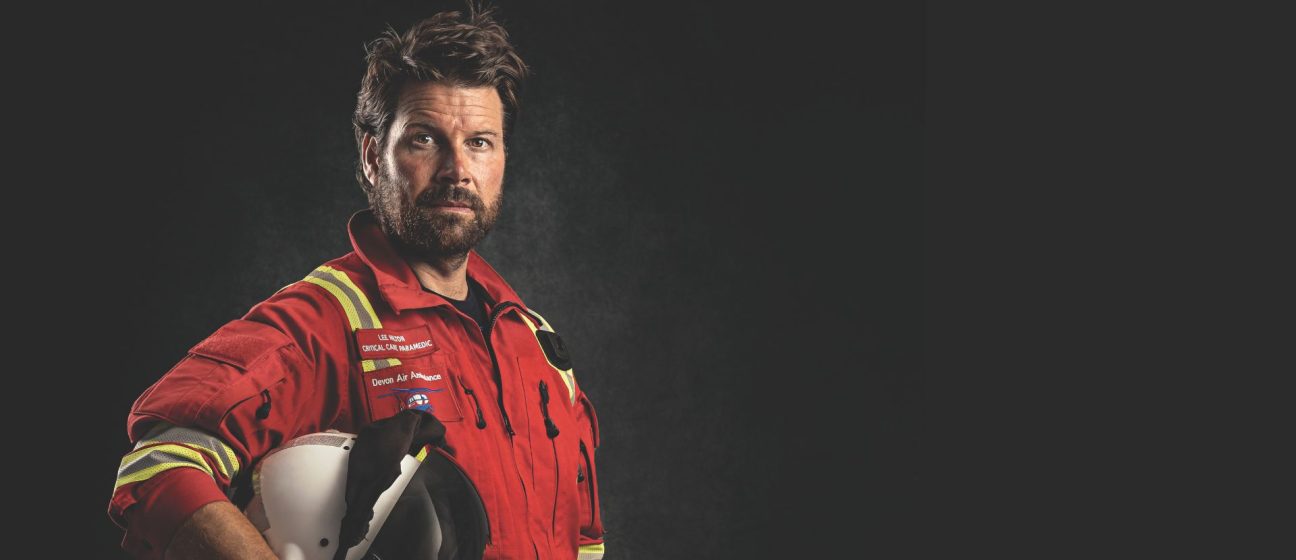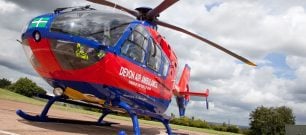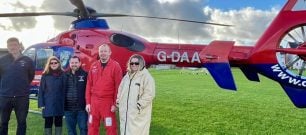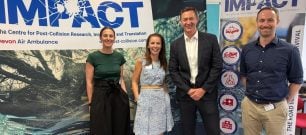
Lee, an Advanced Prehospital Practitioner, expresses a deep commitment to clinical care driven by the challenge of uncertainty and the desire to reduce suffering.
Who is Lee?
Advanced Prehospital Practitioner, Lee, expresses his deep commitment to clinical care driven by the challenges of uncertainty and the desire to reduce patient suffering.
‘I’ve always been interested in clinical care. This interest isn’t entirely selfless: I enjoy the challenge of uncertainty and unpredictability. I would not feel fulfilled in a career that mandated daily routine, with a lack of variety.
‘I benefit from the challenge of working through the potential causes of how a patient presents when we arrive at the scene of a medical or trauma incident (we call this differential diagnoses). This sense of fulfillment extends to being able to reduce a person’s suffering.
‘It’s difficult for me to reflect upon a particular incident that has made a specific impact over the course of my career, perhaps this is partially for reasons of self-preservation. But more generally, supporting families during their time of need is my ongoing driver. This often involves being the person (or part of the team) that provides support when a patient is extremely poorly, or sometimes during a bereavement. It’s often not seen as a pivotal intervention that we offer; however, it’s still possible to offer sincere and grounded support and to make a difference.
To really appreciate the challenges that both patients and relatives are experiencing allows us to be truly patient-focused. I often imagine how I’d wish my own family to be treated, allowing me to focus my care in a way that is well received. To me, everything has its origins in kindness, which my colleagues have in abundance.
‘Of course, potential scenarios are routinely rehearsed as part of daily simulations, helping us to be as prepared as we possibly can be, and there are also team training days periodically. When working as part of a team, there is sometimes an opportunity during travelling to scene to mentally rehearse what will happen when we arrive. Having clearly defined roles also helps with managing complex incidents. Our training helps with this, and our shared and accumulated experience as a team is a source of reassurance to our patients.’
As a charity that is clinically independent, our crew can access training to an advanced degree, making them situation-ready for almost any medical or trauma scenario they might be called to. Their knowledge, skill and experience exists because of the support offered by people like you. Their compassion is their own. You help to bring both together.
We exist entirely thanks to support from people like you. Thank you.



